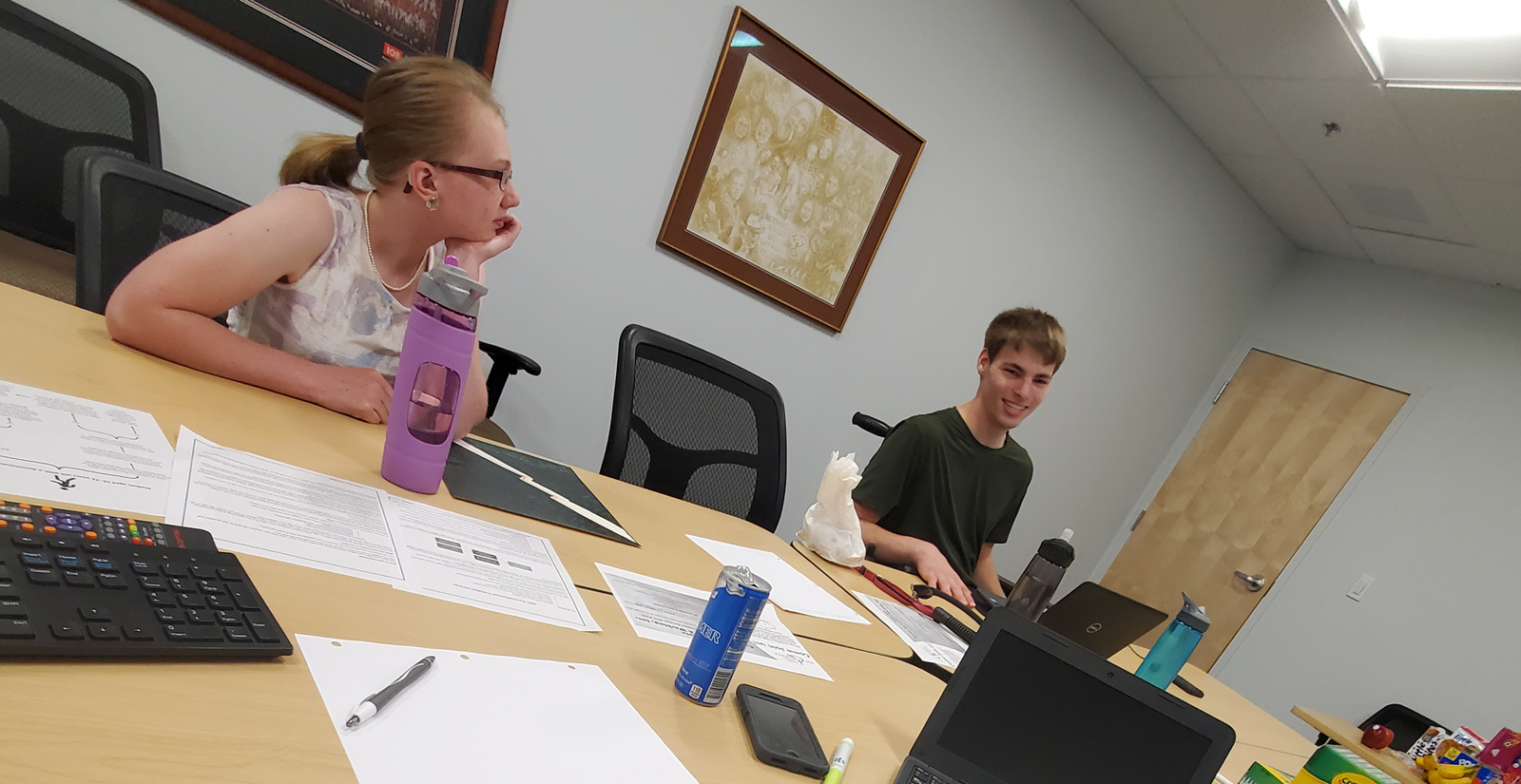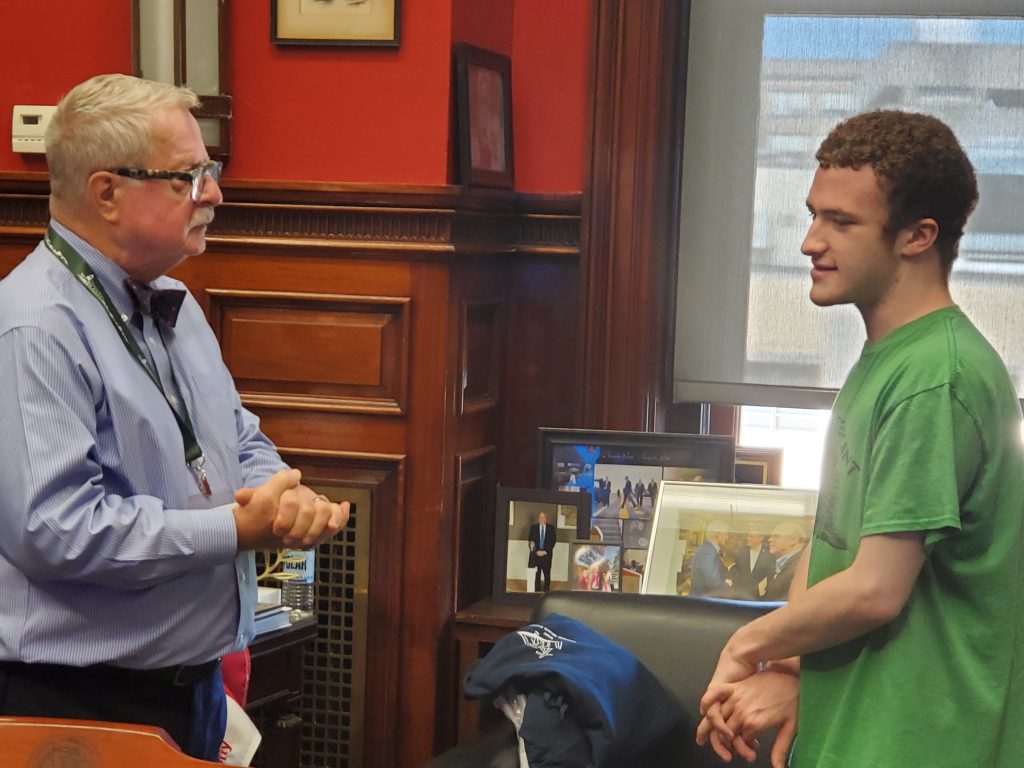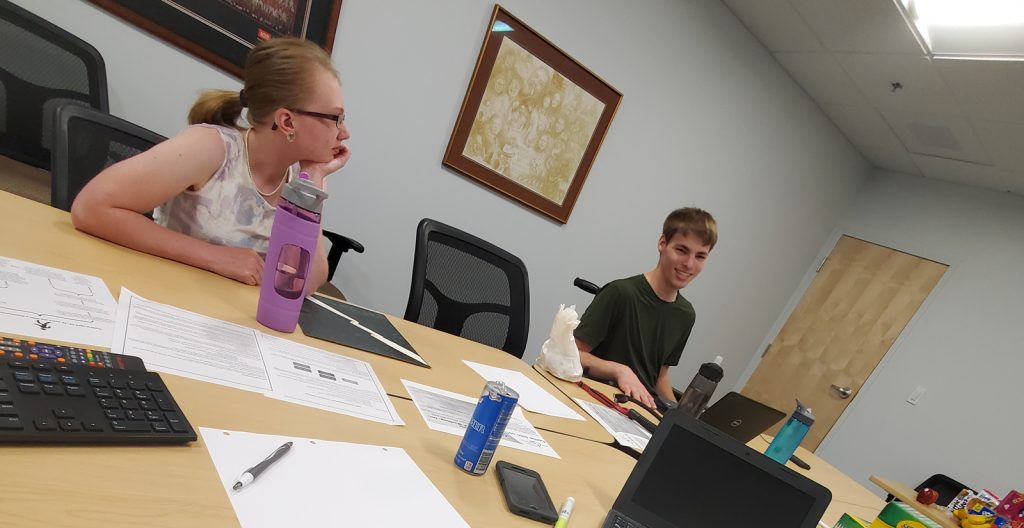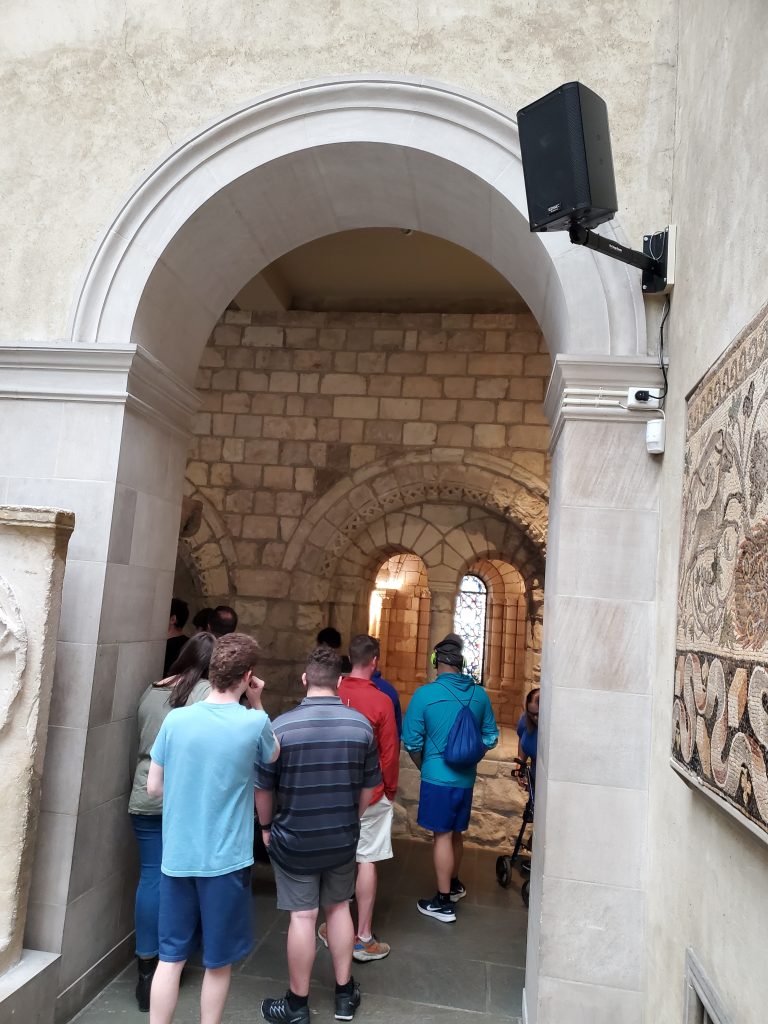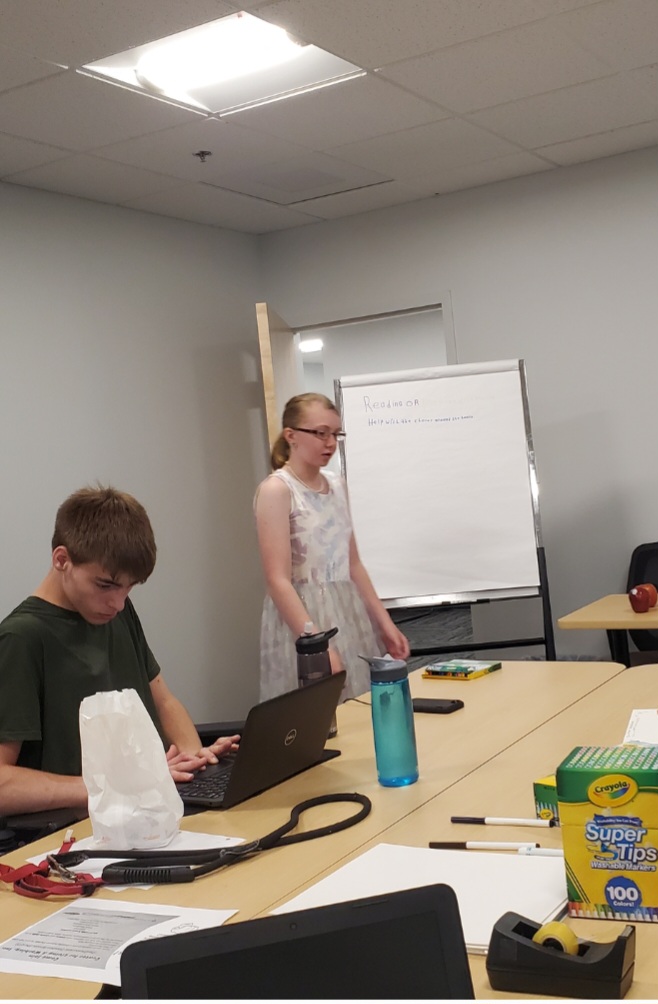The Transition to Adulthood Program (TAP) at Center for Living & Working provides consumer-directed services to youth between the ages of 14 and 21 who are in high school with a disability.
Center for Living & Working provides assistance to youth with disabilities to help them achieve independence.
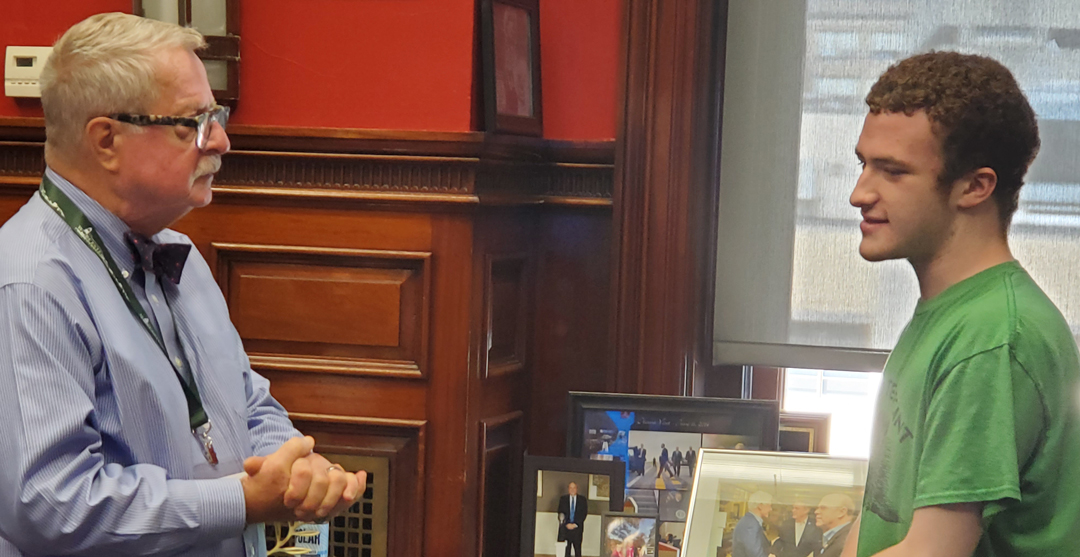
Pre-Employment Transition Program (Pre-ETS)
Pre-ETS programming is intended to emphasize vocational and educational awareness, exploration and preparation. The goal of Pre-ETS is to provide students with skills for employment or education after high school.
